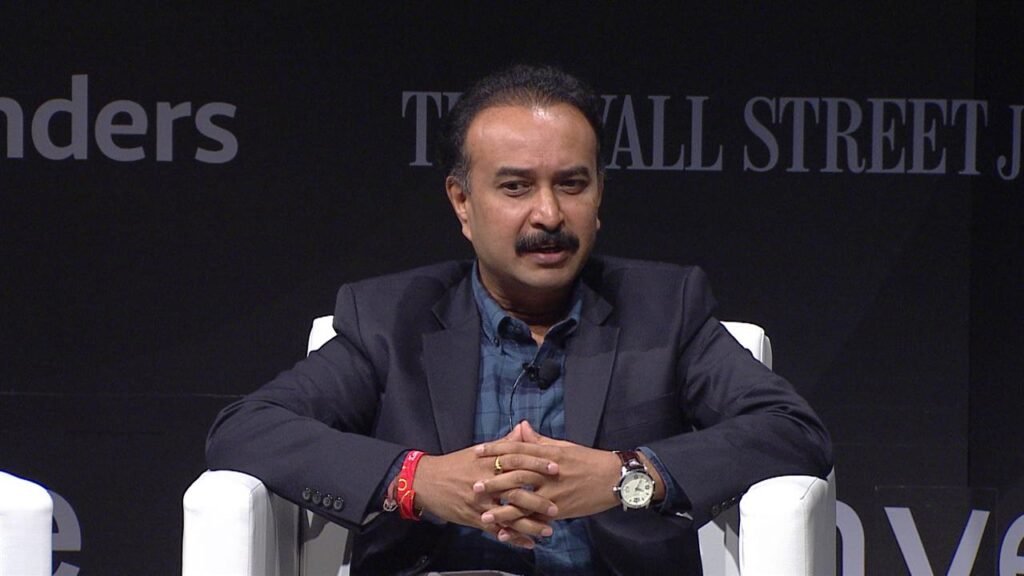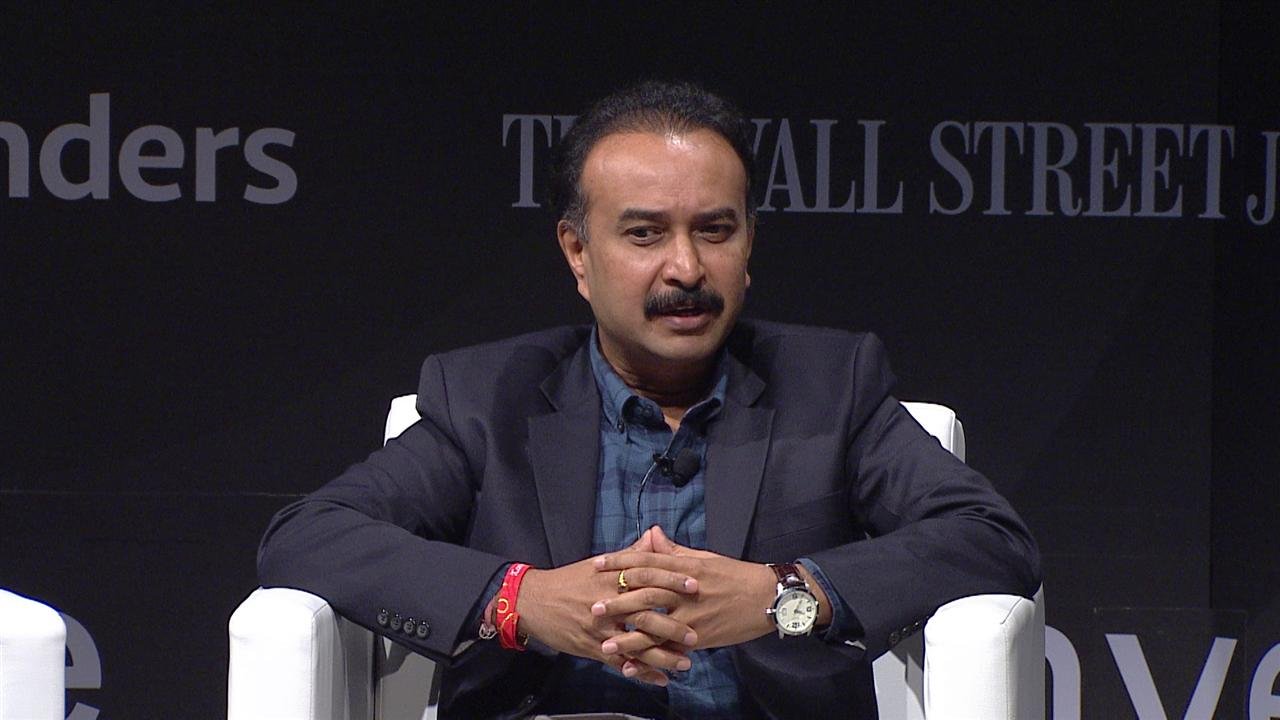
India stands at the cusp of a transformative era, poised to become a global hub for intellectual property (IP)-led innovation. This vision is championed by Prashanth Prakash, Founding Partner at Accel India, whose investments and policy advocacy have significantly shaped the nation’s startup ecosystem. In this comprehensive analysis, we delve into the factors propelling India’s ascent in IP-driven innovation, the challenges it faces, and the strategic initiatives spearheaded by leaders like Prakash.
The Vision: India’s IP-Led Innovation Potential
Prashanth Prakash envisions India as a global leader in IP-driven innovation, leveraging its vast talent pool, burgeoning startup ecosystem, and supportive policy environment. He emphasizes the importance of fostering a culture that values and protects intellectual property, enabling startups to build sustainable, competitive advantages on the global stage.
The Role of Accel India and Prashanth Prakash
A. Accel India’s Investment Philosophy
Accel India, under Prakash’s leadership, has been instrumental in nurturing startups that prioritize innovation and IP creation. The firm’s investment strategy focuses on early-stage companies with the potential to disrupt industries through unique, scalable solutions.
B. Notable Investments
Accel’s portfolio includes several startups that have become household names:
- Flipkart: Revolutionized e-commerce in India.
- Swiggy: Transformed food delivery services.
- Freshworks: Developed SaaS solutions for customer engagement.
These companies exemplify how IP-led innovation can drive growth and market leadership.
Government Initiatives Supporting IP Innovation
A. Abolishment of the ‘Angel Tax’
In a significant move to bolster the startup ecosystem, the Indian government abolished the ‘angel tax’ in 2024. This tax had been a deterrent for early-stage investments. Prakash lauded the decision, stating it removes a major hurdle for investors and encourages funding in innovative startups.
B. Karnataka’s Vision Group for Startups
As Chairman of Karnataka’s Vision Group for Startups, Prakash has played a pivotal role in shaping policies that support innovation. Initiatives like Elevate and the Bengaluru Tech Summit have created platforms for startups to showcase their IP-driven solutions.
Challenges in Building an IP-Driven Ecosystem
A. Limited Deep Tech Ecosystem
Despite progress, India lacks a robust ecosystem for deep tech startups. Prakash acknowledges this gap, emphasizing the need for long-term investments and support structures to nurture deep tech innovations.
B. Need for Academic Collaboration
Collaboration between academia and industry is crucial for IP development. Institutions like IIT Madras have made strides in this area, but broader engagement is necessary to foster a nationwide culture of innovation.
Future Outlook: Sectors Poised for IP-Led Growth
A. Generative AI
Prakash identifies generative AI as a transformative force, with potential applications across marketing, healthcare, and more. He notes that while global investments in this area are substantial, India is yet to fully capitalize on this trend.
B. Climate Tech and Fintech
Climate technology and financial technology are other sectors ripe for IP-led innovation. Prakash highlights the importance of developing physical products and solutions that address pressing environmental and financial challenges.

















Leave a comment